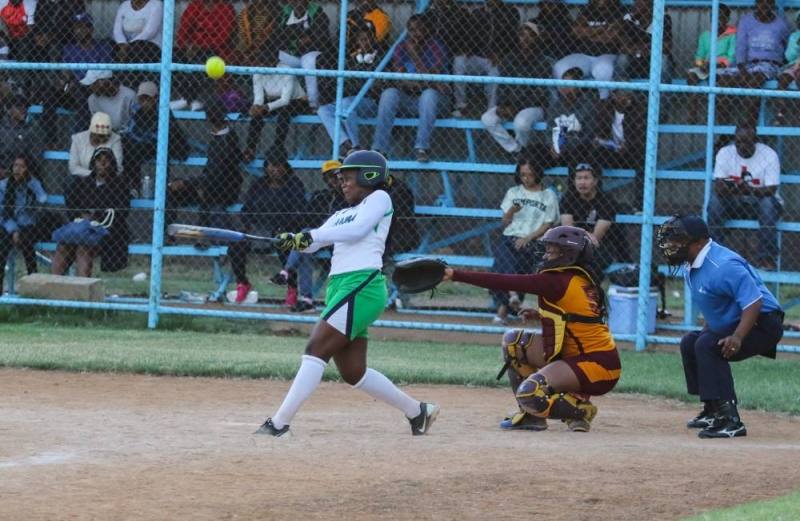Like other sectors, sport has over the years provided and continues to provide some incentives and rewards for performance, some provided in monetary form. While this is the case, there is a pay gap that exists between men and women across several sport organizations, globally.
The pay gap is where men and women competing in the same sport do not receive equal pay for work of equal and comparable value, with biased profit generation and media coverage, unequal representation in sports governance structures and the notion of difference in physique being cited as some of the issues and causes of the gap.
While this pay gap remains a challenge in sport, the Botswana Softball Association (BSA) leadership, has taken a progressive move of practicing equal pay for any of its activities, be it the softball league or a tournament. The association is one of the few locally to practice such and has been doing that for some years now.
Recently the association announced a P20,000 equal cash prize for the ladies and men for the Softball Independence Tournament. This is a commendable move by the softball association, which has now made sustainable pay equality a norm for its competitions.
Different organizations locally, the likes of Women and Sport Botswana (WASBO), and internationally continue to advocate, lobby and some going even a step further by taking the affirmative action route for equality in sport, inclusive of equal pay.
Though at a slow pace, there are signs that sport is starting to take steps in the right direction, but largely at top level. In the international space, in 2021, the Football Association of Ireland announced that they had struck deal that would allow them to pay members of the Irish senior men and women’s teams equally.
In another case that received much attention and attracted a lot of interest around the world, the US Women Soccer Players Association won a settlement on discrimination and unequal pay after 6 years of legal action, with the American soccer's governing body agreeing to pay 24 million USD and making a commitment to equalize pay and bonuses to match the men's team.
In 1984, the Australian Open is also said to have introduced equal prize money for women and men motivated by its support for gender equality. Equal pay is one of strategies that increases the chances of attracting and retaining women and girls in sport and is a strategy that could deliver positive results and attainment of women and girls representation targets set by many sport organizations in their strategy documents. The move by the Botswana Softball Association is highly applaudable and should be used for benchmarking purposes.
The pay gap is where men and women competing in the same sport do not receive equal pay for work of equal and comparable value, with biased profit generation and media coverage, unequal representation in sports governance structures and the notion of difference in physique being cited as some of the issues and causes of the gap.
While this pay gap remains a challenge in sport, the Botswana Softball Association (BSA) leadership, has taken a progressive move of practicing equal pay for any of its activities, be it the softball league or a tournament. The association is one of the few locally to practice such and has been doing that for some years now.
Recently the association announced a P20,000 equal cash prize for the ladies and men for the Softball Independence Tournament. This is a commendable move by the softball association, which has now made sustainable pay equality a norm for its competitions.
Different organizations locally, the likes of Women and Sport Botswana (WASBO), and internationally continue to advocate, lobby and some going even a step further by taking the affirmative action route for equality in sport, inclusive of equal pay.
Though at a slow pace, there are signs that sport is starting to take steps in the right direction, but largely at top level. In the international space, in 2021, the Football Association of Ireland announced that they had struck deal that would allow them to pay members of the Irish senior men and women’s teams equally.
In another case that received much attention and attracted a lot of interest around the world, the US Women Soccer Players Association won a settlement on discrimination and unequal pay after 6 years of legal action, with the American soccer's governing body agreeing to pay 24 million USD and making a commitment to equalize pay and bonuses to match the men's team.
In 1984, the Australian Open is also said to have introduced equal prize money for women and men motivated by its support for gender equality. Equal pay is one of strategies that increases the chances of attracting and retaining women and girls in sport and is a strategy that could deliver positive results and attainment of women and girls representation targets set by many sport organizations in their strategy documents. The move by the Botswana Softball Association is highly applaudable and should be used for benchmarking purposes.






